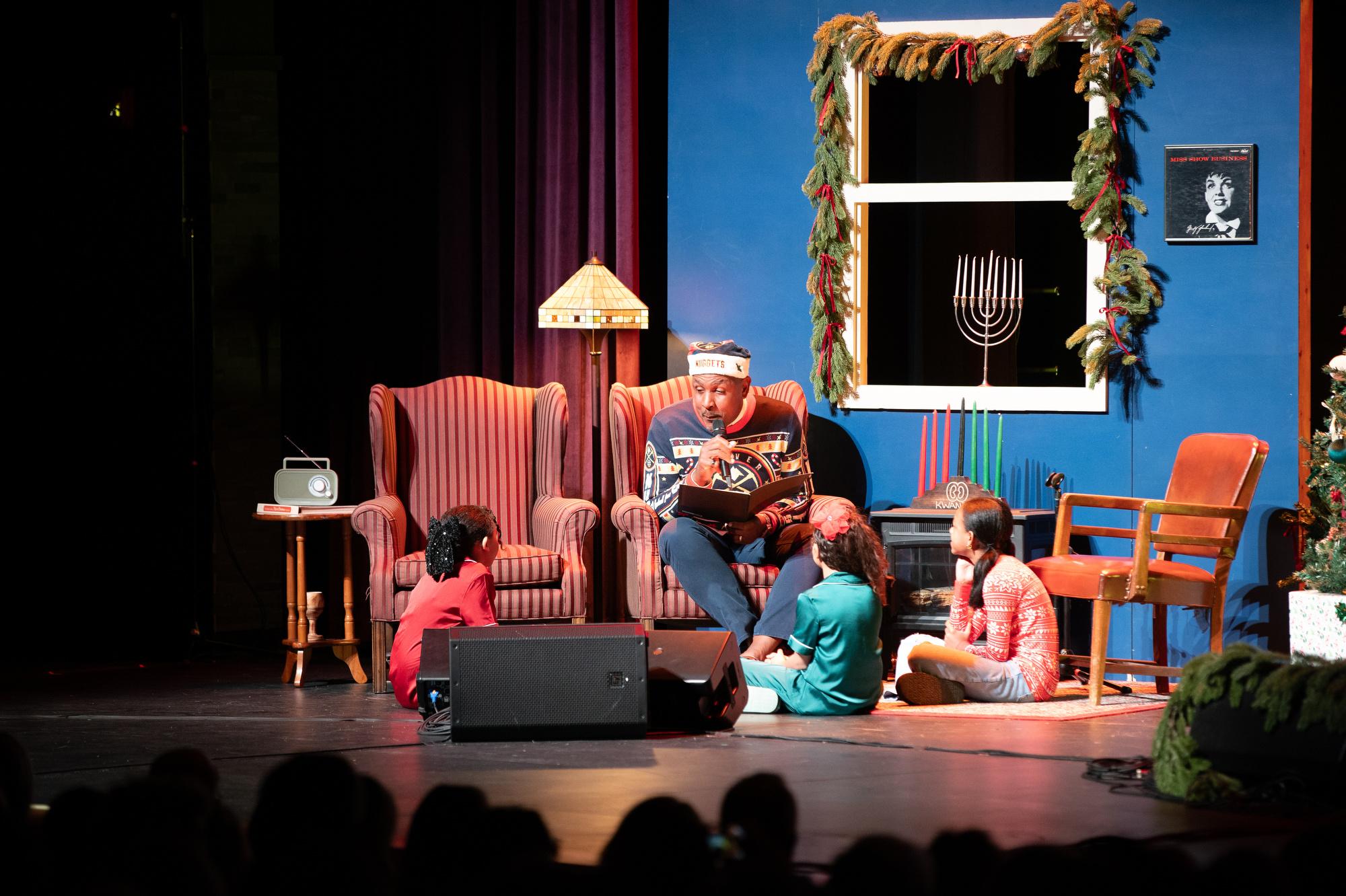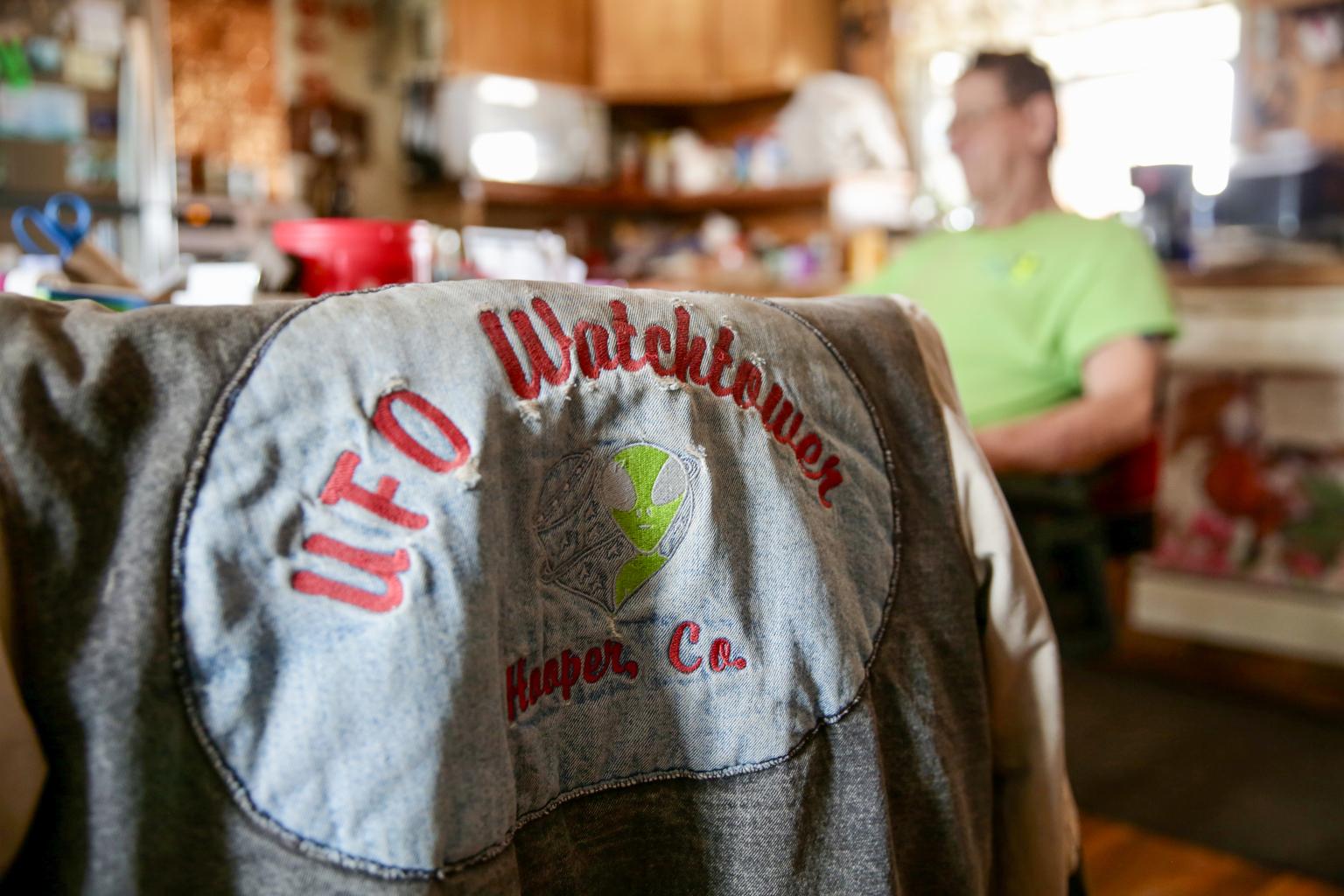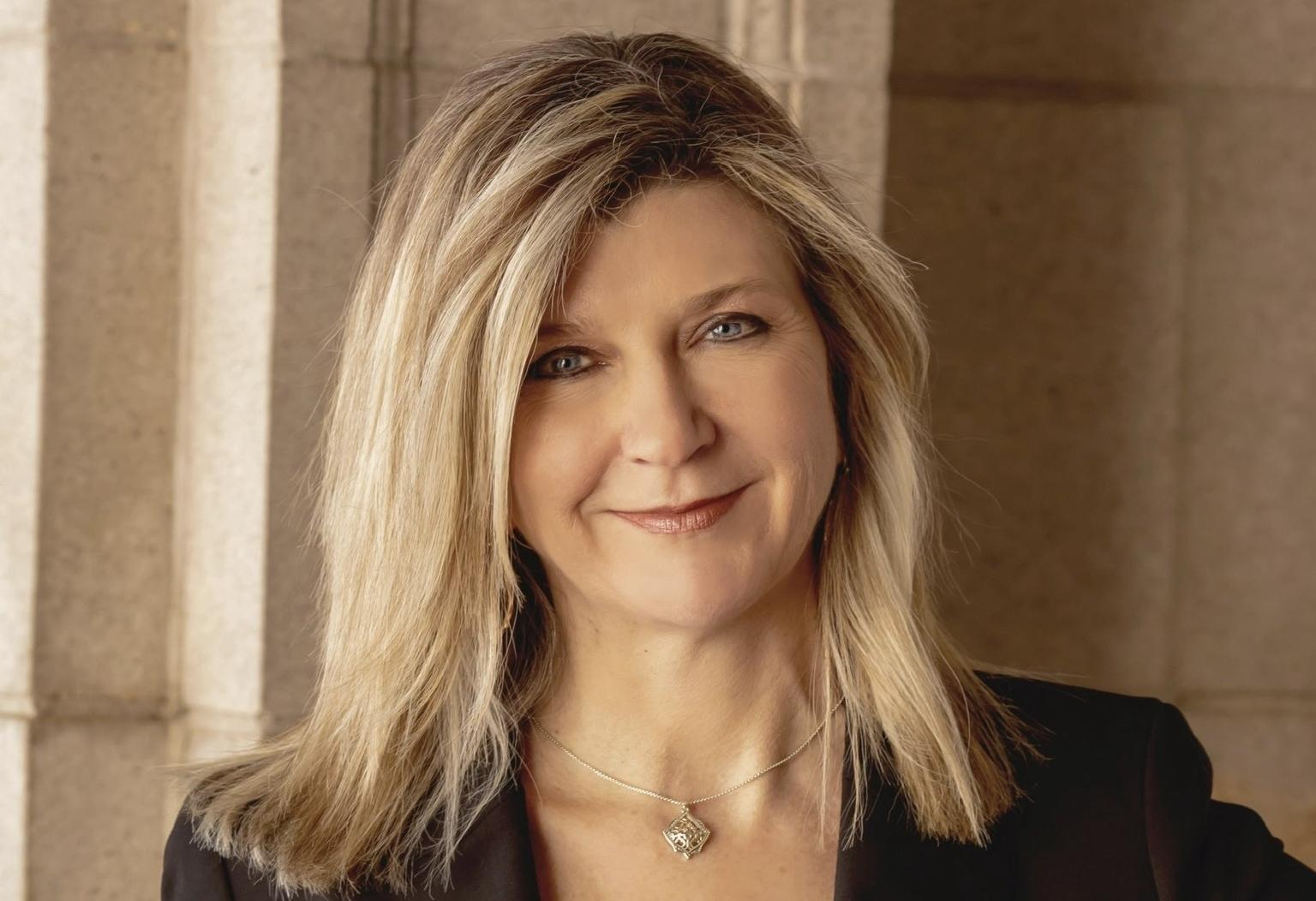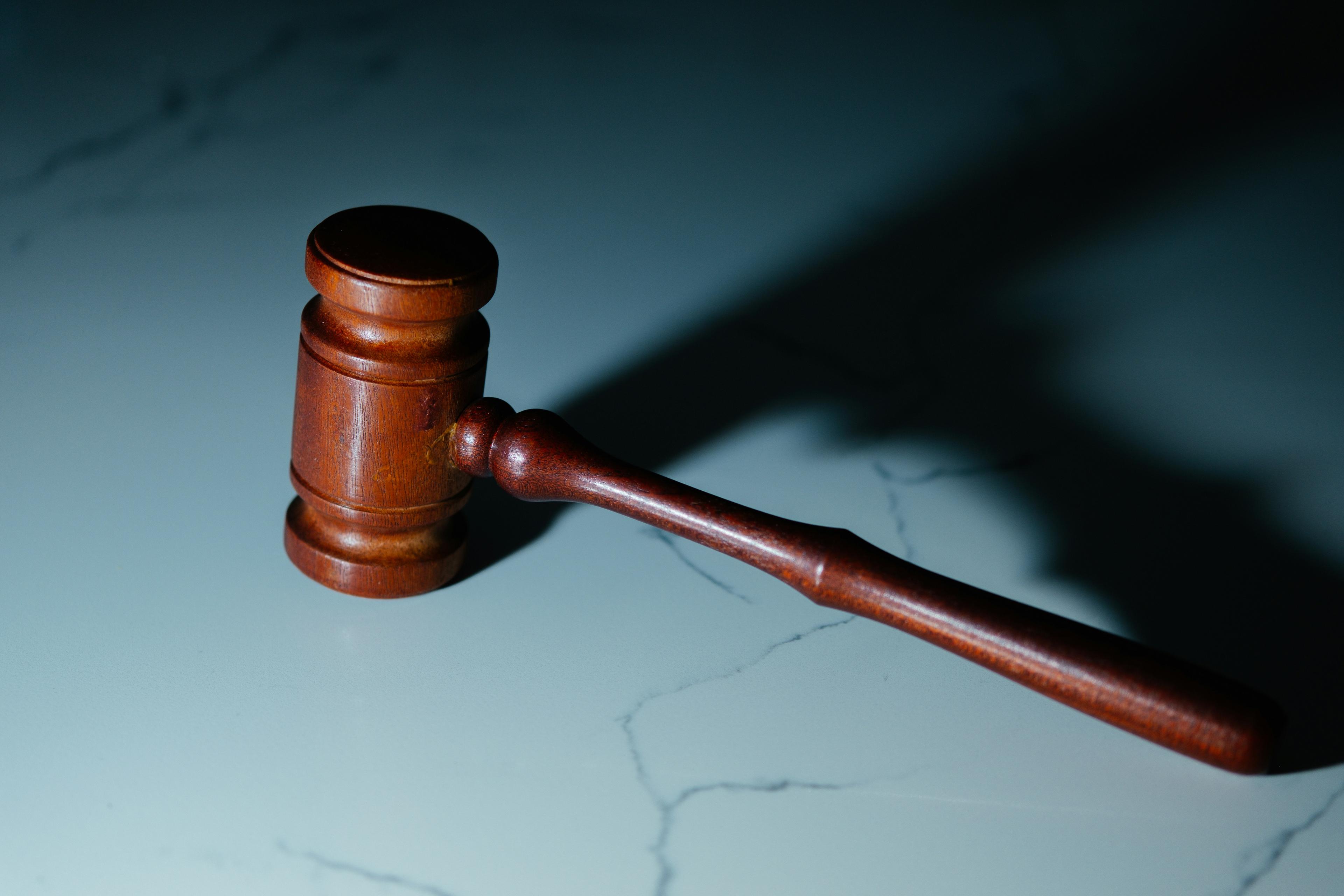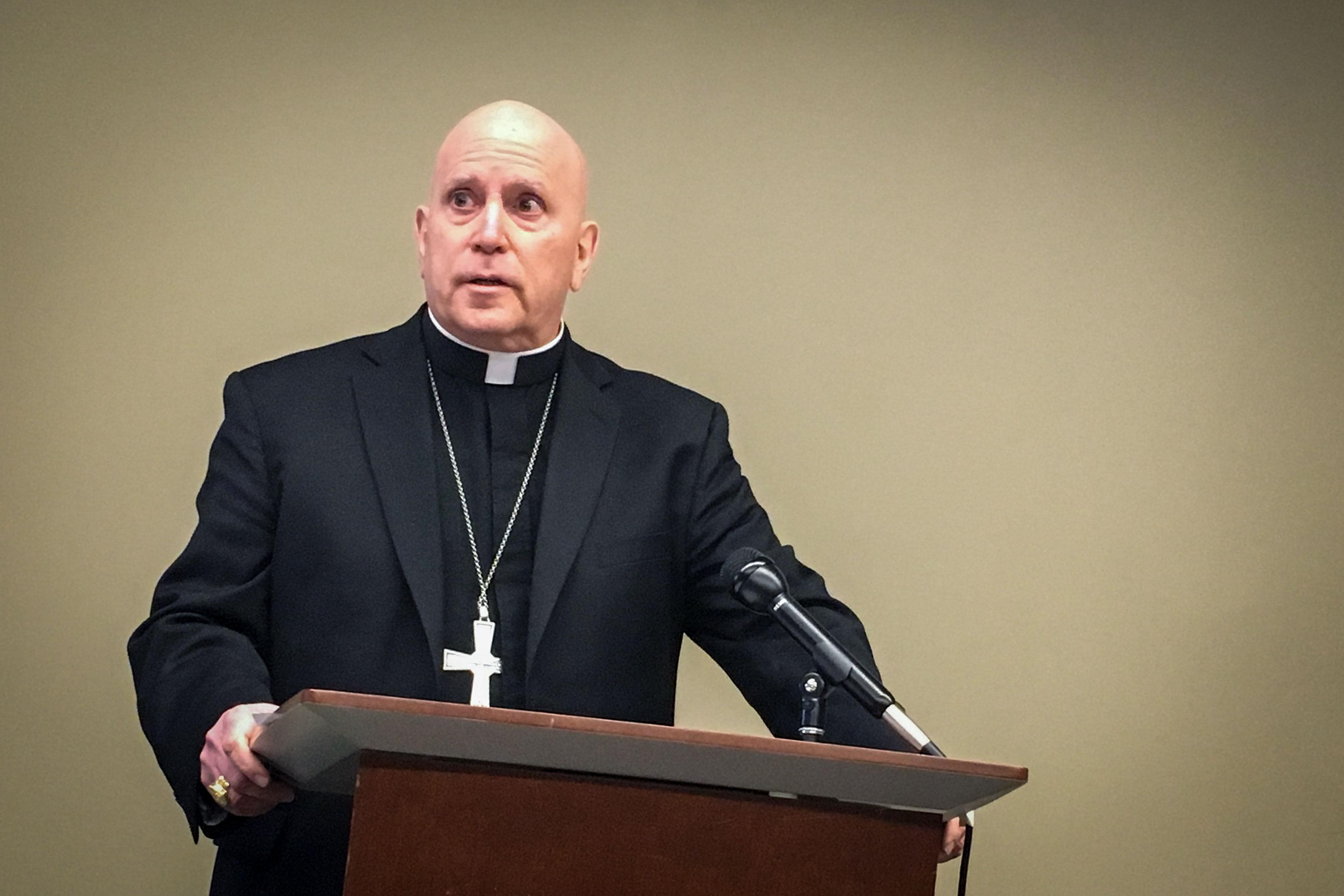
Published 6:02 a.m. | Updated 12:41 p.m.
State Attorney General Phil Weiser on Tuesday announced an independent investigation of clerical abuse in the Catholic Church in Colorado, along with other initiatives to support victims.
The review will be conducted by former U.S. Attorney Bob Troyer, who left his position in October 2018.
Troyer will have access to archdiocese records and past abuse claims and will produce a public report that will also probe how well the church has responded to past abuse claims.
All three Catholic dioceses in the state will voluntarily participate in the initiative and although it’s not a criminal investigation, Weiser said Tuesday that referrals to law enforcement will be made when relevant.
“This is an independent inquiry with full cooperation of the Catholic church,” Weiser said. “We have a set of dioceses here who came to the table … They’re committed to transparency and they put victims first.”
In Troyer’s report, due out this fall, victims won’t be identified, but names of priests with substantiated allegations of abuse will be, Weiser said.
Denver’s Archbishop Samuel Aquila said there are no active priests in Colorado under “active investigation.” Father Randy Dollins, who works under Aquila and also attended the news conference, told CPR News last September that there had been no new allegations of sexual abuse on a minor in Colorado since 2002.
Aquila acknowledged the process in the coming months will include “painful moments.”
“The damage inflicted upon young people and their families by sexual abuse especially when it’s committed by a trusted person like a priest is profound,” Aquila said. “We pray that this will at least begin the healing process. We also acknowledge that the bright light of transparency needs to shine on the church’s history related to child abuse.”
The investigation is paid for, in part, by the Denver Archdiocese and in part by a private fund of cash raised by former Attorney General Cynthia Coffman, who started this effort last year in wake of a sprawling investigation in 2018 by the Pennsylvania attorney general that found hundreds of priests were protected by church leaders over decades.
Aquila noted that the part of the investigation paid for by the church will not come from ministries or charities, but “reserves and assets.”
Weiser and Coffman both said they probed how they could conduct a Pennsylvania-style investigation into past clerical abuse in Colorado — and determined state’s jurisdictional laws does not give the authority to the attorney general to conduct a grand jury.
Coffman said she still felt a nagging obligation to protect Coloradans.
“My senior staff and I began examining alternatives for uncovering previously undisclosed abuse involving Catholic priests in our state,” Coffman said. “We worked with colleagues … across the country including Pennsylvania … to compare approaches.”
Weiser and Coffman also announced a compensation fund for people with credible claims of sexual abuse, with no time limit, funded by the dioceses. This fund will be administered by two experts in victim compensation, who also worked on the Aurora theater shooting. The church won’t have any say on who will get paid.
There will also be and a victims/survivors assistance program that will help people file paperwork for reparations and provide counseling.
That local church leaders stood next to the state’s top lawyer to announce this agreement provided an unprecedented moment in Colorado. By cooperating with Weiser, the church avoids subpoenas or even potential legislation to conduct an investigation — both approaches are ongoing in other states.
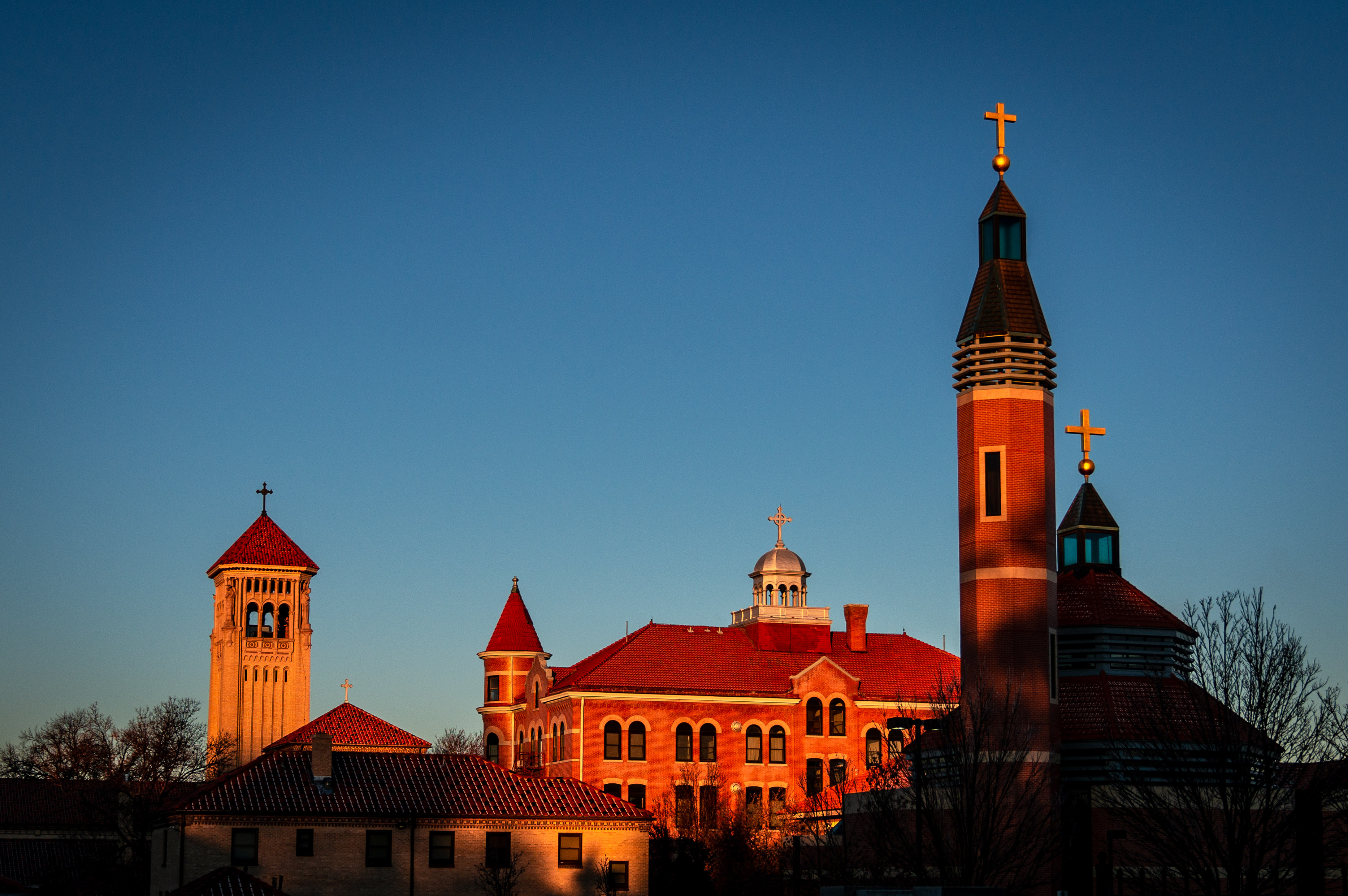
Asked what mechanism Weiser has if the church decides to not be forthcoming in Troyer’s investigation, he said transparency. Troyer will note incidences of non-cooperation in his public report.
“It will be called out in the report, thereby providing what I believe is a very powerful check and force for accountability,” Weiser said. “We have a process that we’ve now come to and I want to see us implement this process and in the end … we will see what there is to learn from it.”
The independent investigation will be limited to abuse of minors, Weiser said, but to the extent they hear from other victims — nuns or seminarians, for example — he hopes anyone will eventually be able to access help.
The agreement comes at a time of international reckoning in the Catholic Church regarding clerical abuse. Pope Francis has gathered top bishops in Rome to address the problem, which has been dubbed the biggest crisis in the church since Reformation.
At least 10 other states have launched reviews or investigations and at least 45 other states have at least checked into it, according to news reports.

